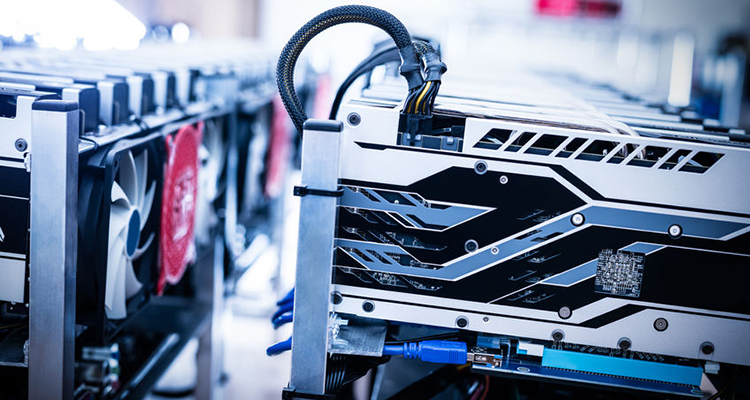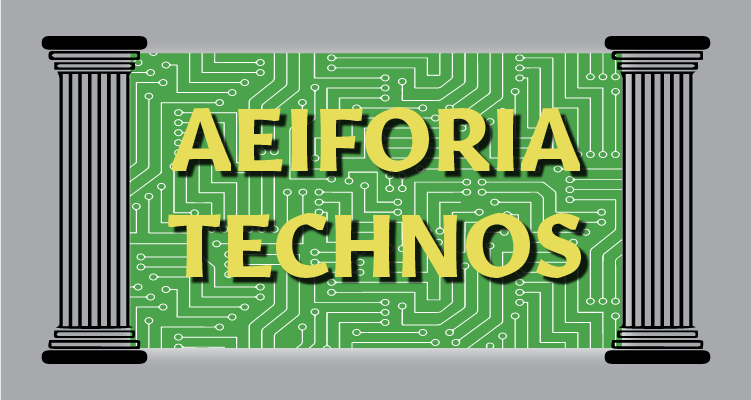Blockchain and the New Sustainable Frontier
 If you have never heard of blockchain before, it’s to your advantage to read up on it. Most people in some way have heard of Bitcoin, the ubiquitous digital cryptocurrency, but have not ventured farther into that somewhat mysterious world. Blockchain is what makes cryptocurrencies such as Bitcoin work, providing it security in an unregulated market. It’s essentially the digital ledger that all cryptocurrency uses to track transactions and any associated data. When you buy Bitcoin, for example, that transaction gets recorded into a decentralized database and enforces any contracts related to the transaction automatically. Since it is decentralized, the transaction history is added to the digital chain rather than in a paper trail ledger. This keeps score in all locations rather than just one, and since it is also encrypted, it is nearly impossible to tamper with.
If you have never heard of blockchain before, it’s to your advantage to read up on it. Most people in some way have heard of Bitcoin, the ubiquitous digital cryptocurrency, but have not ventured farther into that somewhat mysterious world. Blockchain is what makes cryptocurrencies such as Bitcoin work, providing it security in an unregulated market. It’s essentially the digital ledger that all cryptocurrency uses to track transactions and any associated data. When you buy Bitcoin, for example, that transaction gets recorded into a decentralized database and enforces any contracts related to the transaction automatically. Since it is decentralized, the transaction history is added to the digital chain rather than in a paper trail ledger. This keeps score in all locations rather than just one, and since it is also encrypted, it is nearly impossible to tamper with.
The financial markets are already using this technology in the wild west of cryptocurrency; however, the premise of blockchain technology is also garnering attention from other industries — and for good reason. Online retailers, for example, are researching it for handling product purchases and delivery more efficiently and securely in an effort to stem the tide of data breaches that have plagued retailers such as Target and Home Depot. Energy companies, as another example, see advantages in potentially clearing out the antiquated and cumbersome trading and clearing systems in what is a complex market.
There is potential in leveraging smart meters as the genesis of blockchain ledger points, creating a distributed grid that would allow the power companies the ability to sell excess energy to anyone in the open market, effectively cutting out the middle man and lowering total energy costs. A Brooklyn, NY startup, LO3 Energy, is currently testing this across its microgrid of solar panels. By leveraging blockchain technology, excess energy can be diverted to provide real-time demand and load-shedding. The biggest hurdle to scaling this up is current energy regulations and government policy.
Additionally, blockchain can help large international manufacturing and retail companies manage supply chain hurdles such as sustainability certificates and origin of materials by verifying the process along the way automatically and issuing the certifications instantly, speeding up delivery and process and reducing their total product chain carbon footprint. This plays nicely in developing Environmental Product Declarations (EPDs) for products or components made or sold at retail. This works well with any companies Life Cycle Assessment (LCA) data collection in compliance with ISO 14040/44 by building it into a blockchain ledger where a product’s environmental data can be stored and tied to its financial data all within the same ledger allowing the data to be machine readable on demand speeding up the process and significantly reducing errors or omissions based on the decentralized nature of blockchain.
On a more local scale, blockchain technology can be tied to IoT sensors within a building, campus or region to drive energy efficiency even higher as well as protect a company’s critical infrastructure from potential hacking and disruption. This type of distribution can also help get a company up and running faster after a natural disaster as the stored assets are located across many locations instead of being stored in just one location — a virtual, perpetual and instantaneous redundancy. Blockchain strategies also have the potential as well from an asset management side monitoring computer, security systems, audiovisual, lighting or other systems within a building or collection of buildings from a theft management as well as usage and power management side to again control the carbon footprint of these systems along with informing operations and capital purchase decisions.
The Information Communications Technology industry could be a huge beneficiary of blockchain, and will need to find qualified individuals to implement blockchain strategies as networking and communications are critical to having a successful system. If the ICT industry does not catch up and get involved, others will take up the slack — and end up raking in the Bitcoin.



